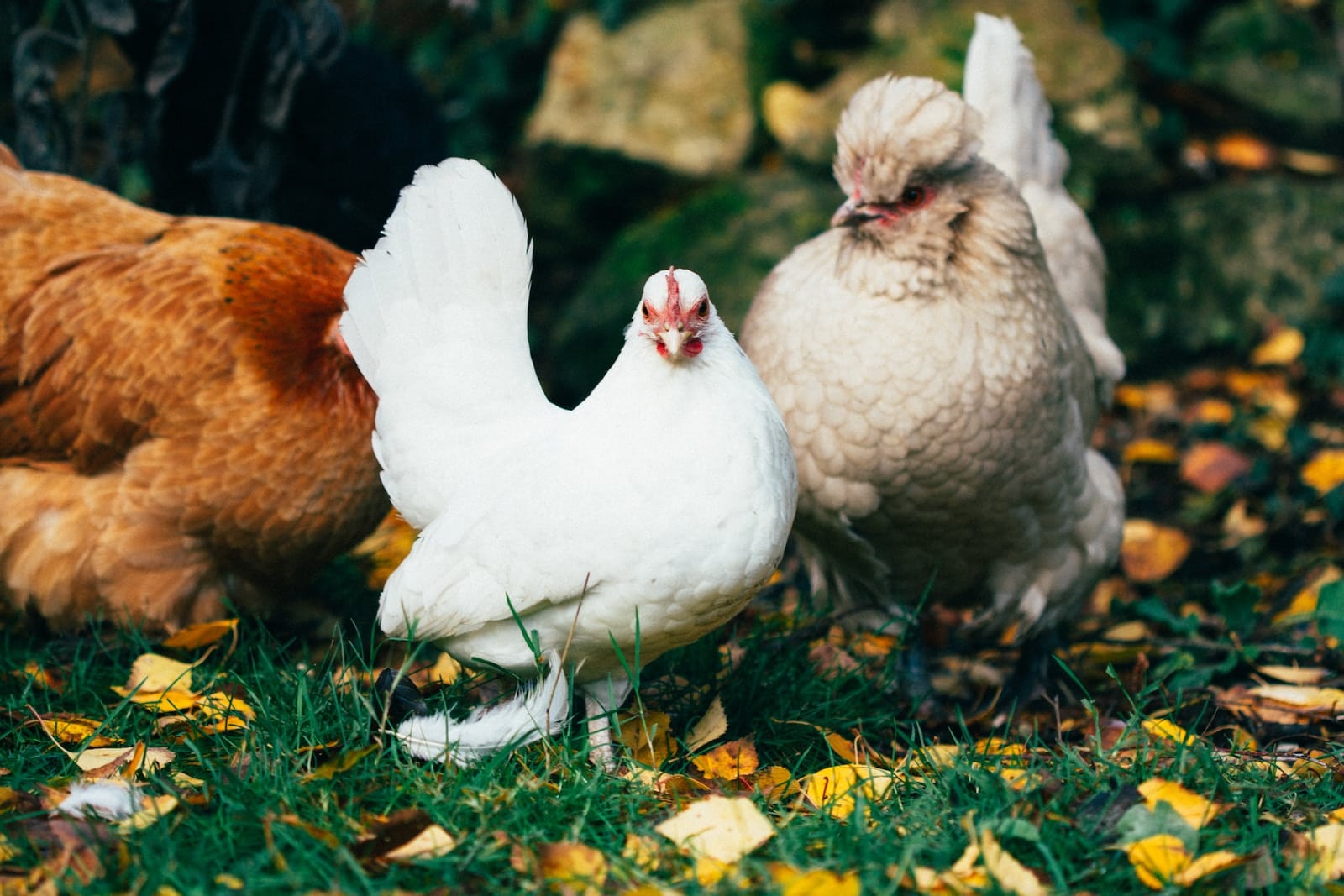Chickens are social creatures that establish their social hierarchy through various interactions. One such interaction is pecking, which is when a chicken pecks another with its beak. This behavior may seem odd or even cruel to those unfamiliar with the world of poultry, but it serves an important purpose in maintaining the social order within the flock.
Pecking is a natural behavior for chickens, and it occurs for various reasons. Reasons may include dominance, resource competition, or simply grooming. Understanding the reasons behind this behavior can help backyard poultry keepers and farmers create a more harmonious environment for their flocks, preventing injury and distress among the birds.
Though it may be disturbing to witness, pecking is a necessary part of a chicken’s life. By recognizing its causes and effects, humans can better understand the dynamics within a flock and contribute to creating a healthy and balanced living space for these fascinating birds.
Understanding Chicken Pecking
The Pecking Order
In the world of chickens, there is a social hierarchy called the pecking order. Chickens establish this hierarchy to create order and stability within their flock. In general, older and larger chickens hold higher positions in the pecking order. They will assert their dominance by pecking at others, which can range from gentle nudges to forceful pecks. The less dominant chickens will typically give way to those above them in the hierarchy, which helps maintain a sense of order.
Aggressive Pecking
Sometimes, chickens may exhibit aggressive pecking beyond what appears to be necessary for maintaining the hierarchy. This can be due to various factors, such as stress, overcrowding, or lack of resources. Chickens may target each other’s feathers or even blood, which can lead to injury and infection. In some cases, aggressive pecking needs to be addressed through interventions like separating aggressive birds, providing more space and resources, or using anti-pecking devices like beak guards.
Natural Chicken Behavior
It is important to understand that pecking is a natural chicken behavior. Chickens use their beaks to explore their environment, find food, and preen their feathers. Pecking can be a form of communication or an expression of innate instinctual behaviors. For instance, they may peck to maintain the social order or deter predators. While some pecking is typical, it’s essential to keep an eye on your flock for any signs of excessive or aggressive pecking to ensure the well-being of all members.
Causes and Consequences of Chicken Pecking
Stress and Boredom
Chickens can experience stress and boredom just like any other animal. When they don’t have enough mental stimulation or when they are under stress, they might resort to pecking each other. Boredom in chickens often occurs when they are kept in a coop without any toys or interactive elements. This lack of stimulation can lead to an increase in negative behaviors, such as hen pecking and even chicken bullying.
Overcrowding and Space Limitations
In a cramped and overcrowded coop, chickens are more likely to start pecking each other. The limited space not only causes stress but also forces chickens to live in close proximity to each other, increasing the chances of physical altercations. Overcrowding is a significant issue in many commercial coops where space may be limited to just a few square feet per bird.
Ideally, each chicken should have at least 3-4 square feet of space within the coop. Expanding the coop size or reducing the flock size can ensure that each bird has enough room to move around without invading another bird’s personal space.
Conflict and Bullying
Chickens, as social animals, have a hierarchy within their flock, commonly referred to as the “pecking order.” This order establishes dominance, with the alpha chicken at the top and the weaker ones at the bottom. In some cases, conflicts regarding positioning in the pecking order can lead to excessive pecking and bullying.
In some instances, an aggressive chicken may systematically target one or more weaker individuals, leading to a phenomenon known as “hen pecking.” Identifying the aggressor and separating them from the rest of the flock can help alleviate bullying and prevent injury to weaker birds. Monitoring the flock dynamics and intervening when necessary can help maintain a harmonious environment and minimize aggressive behaviors.

